Is My Hurt the Result of Not Trusting God?

She was overwhelmed. A newborn, a toddler, and a stressful marriage all lived out on the mission field in the middle of a third world country had left her hurting. The dedicated, sacrificial Christian life had promised to be one of joy and deep satisfaction. Giving was supposed to be fulfilling. So why was pain all she could feel? What was wrong with her faith? Didn’t she trust God to take care of her heart?
Sometimes we know when we’ve caused ourselves pain. We’ve made poor choices and walked away from the Truth, so we deal with those poor choices and their consequences. But what happens to our hearts when we feel we’ve been trying, really earnestly trying to walk in a manner worthy of our calling, and yet pain and hurt define our existence? What then?
Photo Credit: Unsplash
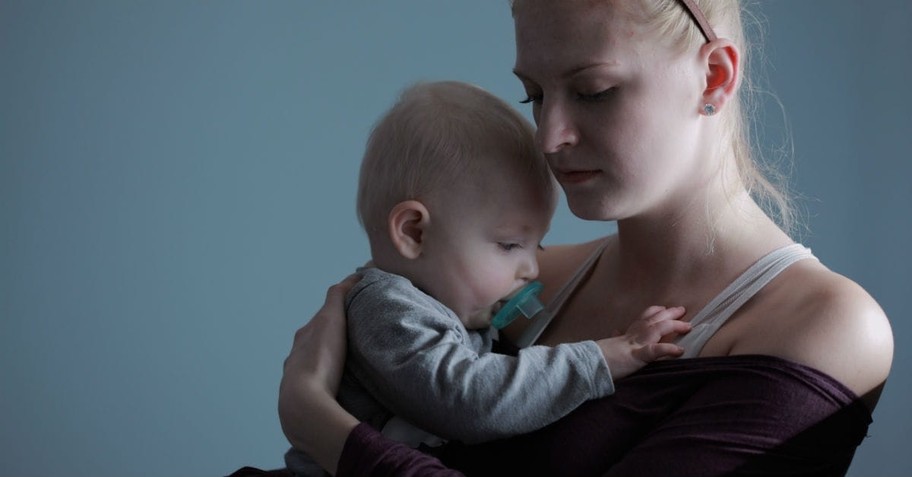
Has God forgotten me?
The thought had entered her mind. After all, she was a tiny woman on a giant planet living in a massive country overrun with hordes of people. She felt invisible. Her circumstances caused her to wonder, even believe, that God had no idea where she was. Out of sight, out of mind.
But what of this? “The eyes of the Lord move to and fro throughout the earth that He may strongly support those whose heart is completely His” (2 Chronicles 16:9).
Could it be true that God’s eyes moved over the earth searching for each of us? We know our hearts aren’t perfect, but we also know we love him; we know we long for him to find us. Could it be true?
Photo Credit: Unsplash
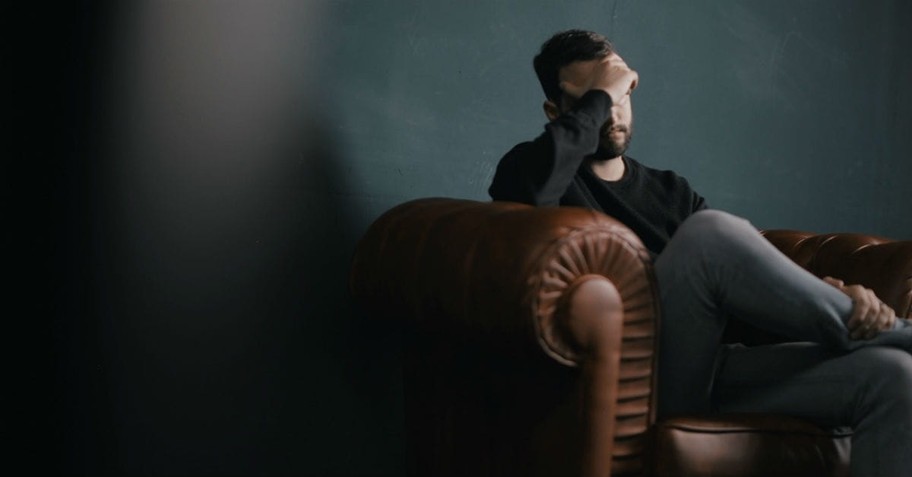
Is He disappointed in me?
And if he found her in that mass of humanity, would he look on her with disappointment? She wasn’t soaking up the abundant life and pouring it out to others. Far from it. She was barely surviving. How could he be pleased with such a meager output of joy when he had supplied her with every bit of strength she needed? Surely he would be disappointed.
Psalm 22:24 reads, “He has not despised nor abhorred the affliction of the afflicted; nor has He hidden His face from him; but when he cried to Him for help, He heard.”
Our Father knew life east of Eden would be full of strife. It is not shameful to be afflicted. And he promised to go with us. He didn’t stay in the Garden leaving Adam and Eve to fend for themselves any more than he leaves us alone with expectations that life shouldn’t impact us.
“His banner over me is love” (Song of Solomon 2:4). Period.
Photo Credit: Unsplash
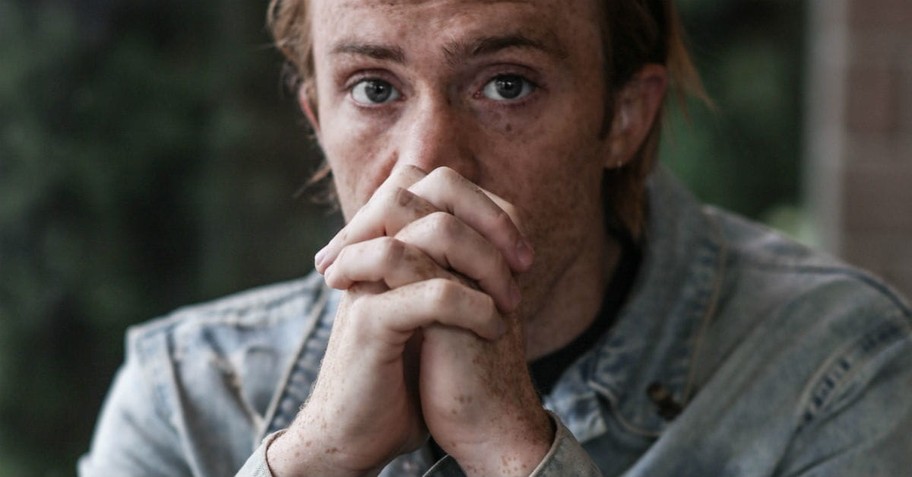
Shouldn’t faith take away my pain?
But now that she was back home and life in that foreign land was a memory, why did she still hurt? Life had progressed beyond the immediacy of survival, so why was there pain? What about beauty from ashes? Didn’t she believe her Heavenly Father could heal her and restore her? Where was her faith?
“Come to me, all you who are weary and burdened, and I will give you rest. Take my yoke upon you and learn from me, for I am gentle and humble in heart, and you will find rest for your souls. For my yoke is easy and my burden is light” (Matthew 11:28-30, NIV).
Doesn’t this sound like a process to you? Come—that is the first step in our healing. Turning to the Lord, pouring out to him our burdened hearts and troubled minds—this is where we begin to find healing. Take from him, learn from him, and we will find rest. Healing is a process, one that takes work and time. Pain will likely subside as time goes on, but memories of painful events may always hold a sting. Healing is more about walking through life hand in hand with the Father than it is about life not paining us. And yes, there is beauty from ashes, but roses often have thorns.
Photo Credit: Unsplash
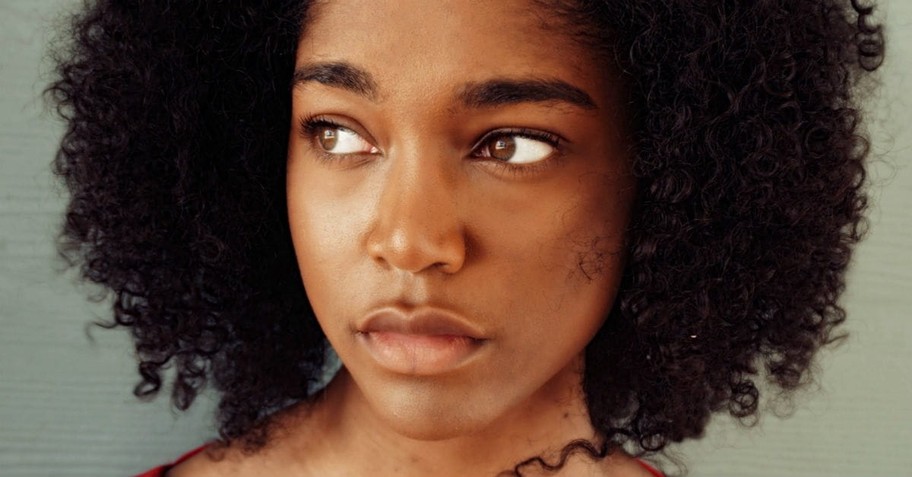
What if others shame me?
She had heard the words of the self-proclaimed righteous ones telling her that if she really believed, God would “fix” her.
All who see me mock me;
they hurl insults, shaking their heads.
“He trusts in the Lord,” they say,
“let the Lordrescue him.
Let him deliver him,
since he delights in him.”
Psalm 22:7-8
There will be scoffers. There will be those who despise you for your struggle. More than likely, it will be those who have not walked through much adversity themselves, or if they have, they have yet to turn to the Lord and pour their pained hearts out to him. Compassion is something we learn when we have received it ourselves.
“We love because he first loved us” (1 John 4:19, NIV). Know that you are loved and the Father has compassion on you for the hurts you bear.
Photo Credit: Unsplash
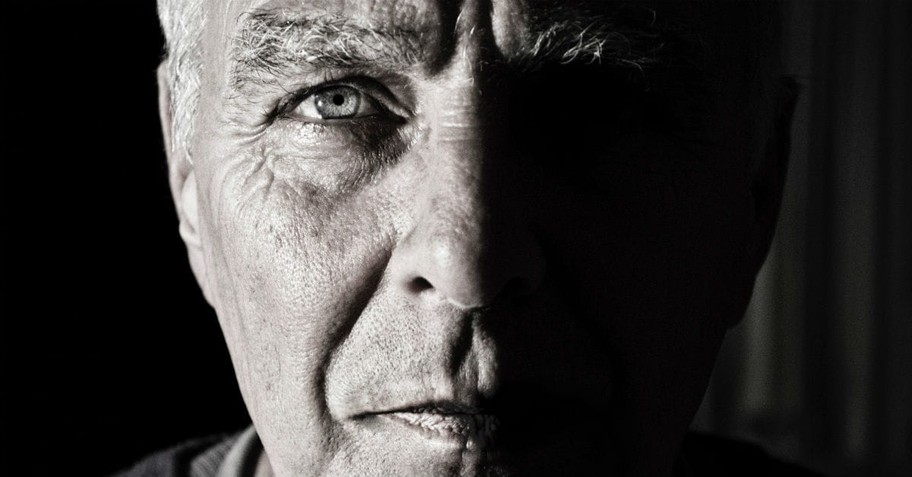
What do I do now?
She melted. That’s the best way I can describe it. All her fears, hurts, worries, shames, and insecurities melted out onto the kitchen floor. And then love covered her—blanketed her with compassion and grace.
The most profoundly beautiful thing we can do is to allow ourselves to be fully and completely loved. I say this because in this act, the glory of the Father’s creation is honored for what he made it to be. He made man so that he might be loved and so that man would in turn praise his Heavenly Father for making him. This is simple. This is beauty. The Father loving the child, and the child loving the Father.
So, what do you do now?
Photo Credit: Unsplash

Let Him love you.
Let him love you. All of you. The parts of you that hurt. The parts of you that bring you shame. The parts of you that you have hidden from everyone, even yourself. Let him love you just as you are.
The rest begins to take care of itself. You may find that professional help is beneficial. Scripture tells us to seek wise counsel. Maybe that’s part of your path to healing. But know this: There is a path. In fact, there are probably many paths you could take. Trust the Father’s love for you. That is where you begin.
Photo Credit: Unsplash
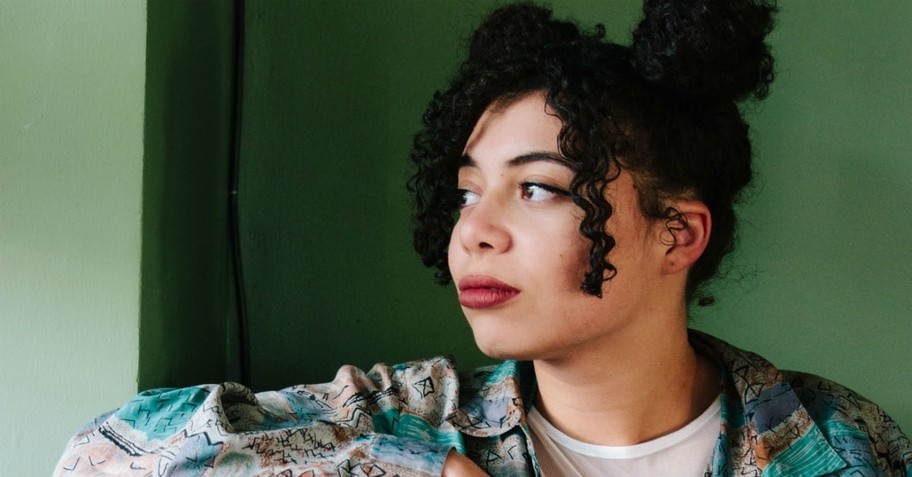
Will this happen again?
What if her pain returns even after years of working on healing and health? What if she finds herself in this same spot years from now? Will she have lost her faith? Will God have forgotten her, given up on her, gotten frustrated with her?
It may happen again. You may find yourself in a very familiar place later in life. I have. But my experience tells me a lot. Now I know the way out. I’ve learned where to turn and how to walk the path. And I tend to stay in the pain a much shorter amount of time than I used to.
This time, you’ll know you aren’t alone. You will know the Father loves you. And even if you forget all of it, he remains faithful (see 2 Timothy 2:13).
Photo Credit: Unsplash
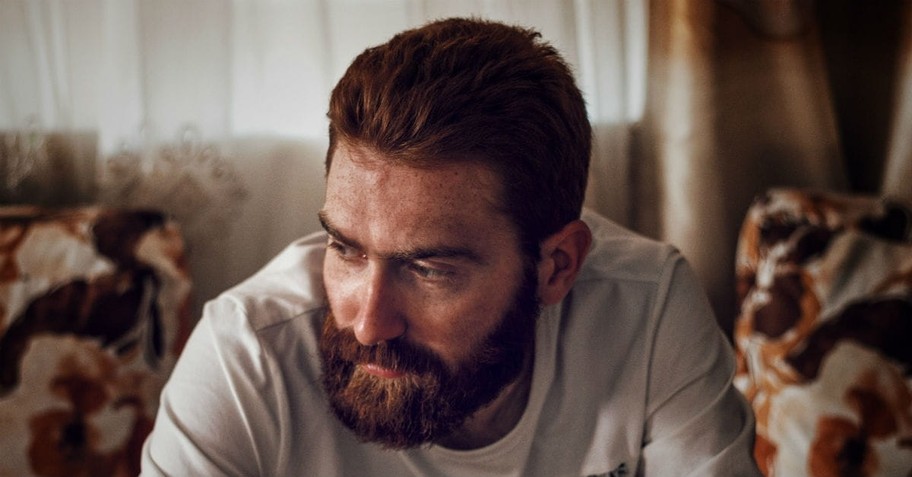
How can I help someone in pain?
She sat in her kitchen, tears streaming down her pretty face. The toddler wanted juice. The baby, to be held. I sat with her. I helped with the children. I opened my Bible and showed her how much the Father loved her. She wept more fully, more openly.
“He loves you, my dear. And there is nothing you can do about it!”
She smiled a beautiful, heartbroken smile.
“It’s going to be okay,” I added. “There will be beauty someday. Trust me. I’ve walked this path before.”
Photo Credit: Unsplash
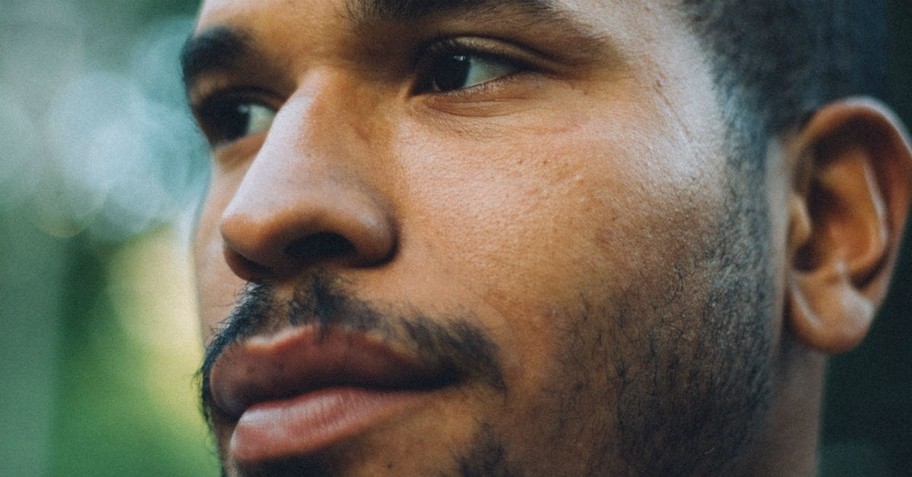
Love others how God loves you.
Whether we have walked the same road they have or not, we know the truth about who our Father is and how he loves. Share that truth and that love. Remind them in corporal form. Be there.
I was given the honor of helping her start her walk toward healing those many years ago. It has been a long road, but a good one. You are not the answer, you are not the healing, but you can hold the proverbial flashlight on the path so they can see.
“My command is this: Love each other as I have loved you” (John 15:12, NIV).
Photo Credit: Unsplash

God in the Dark
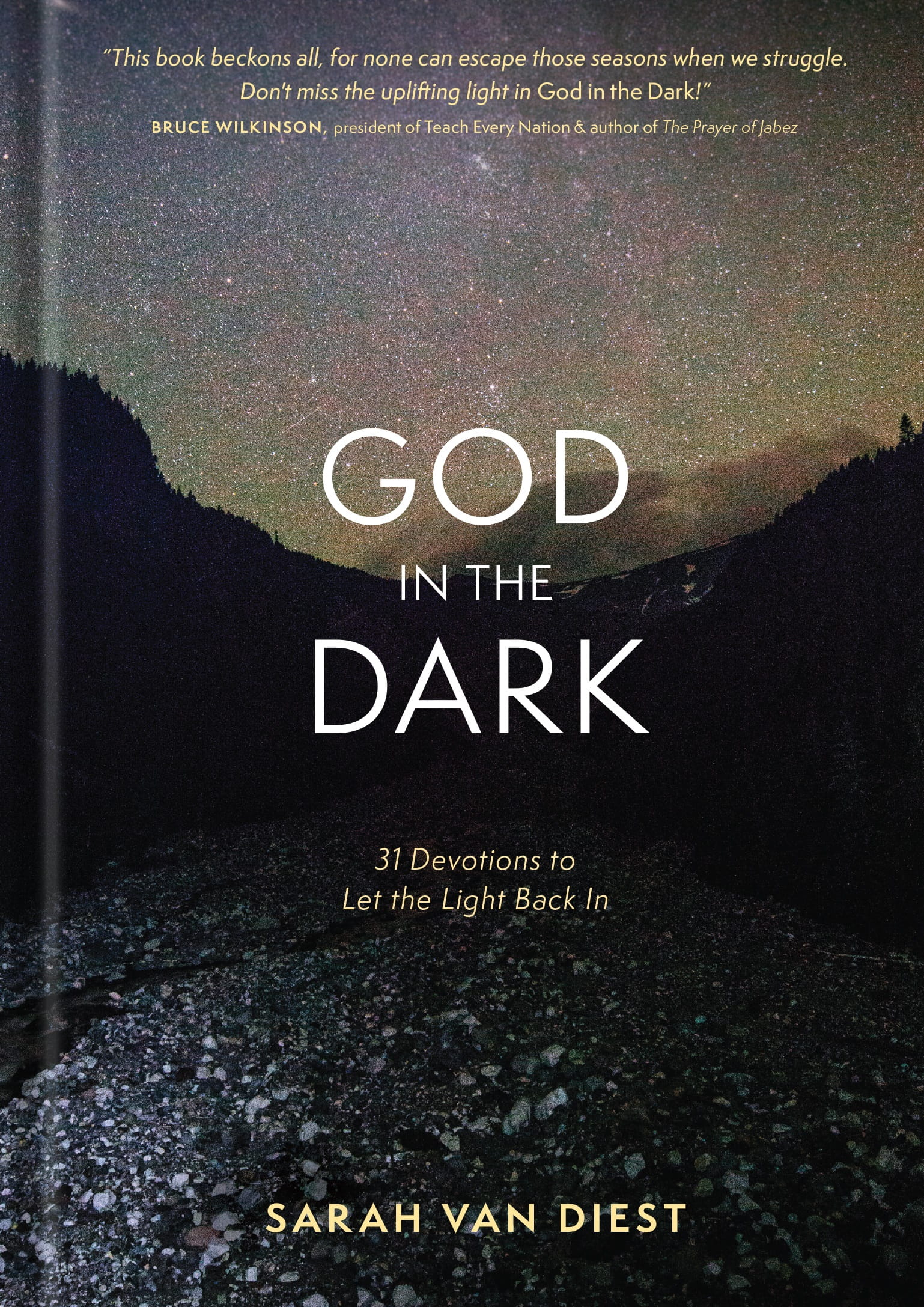
Photo Credit: Unsplash
Originally published April 11, 2018.








